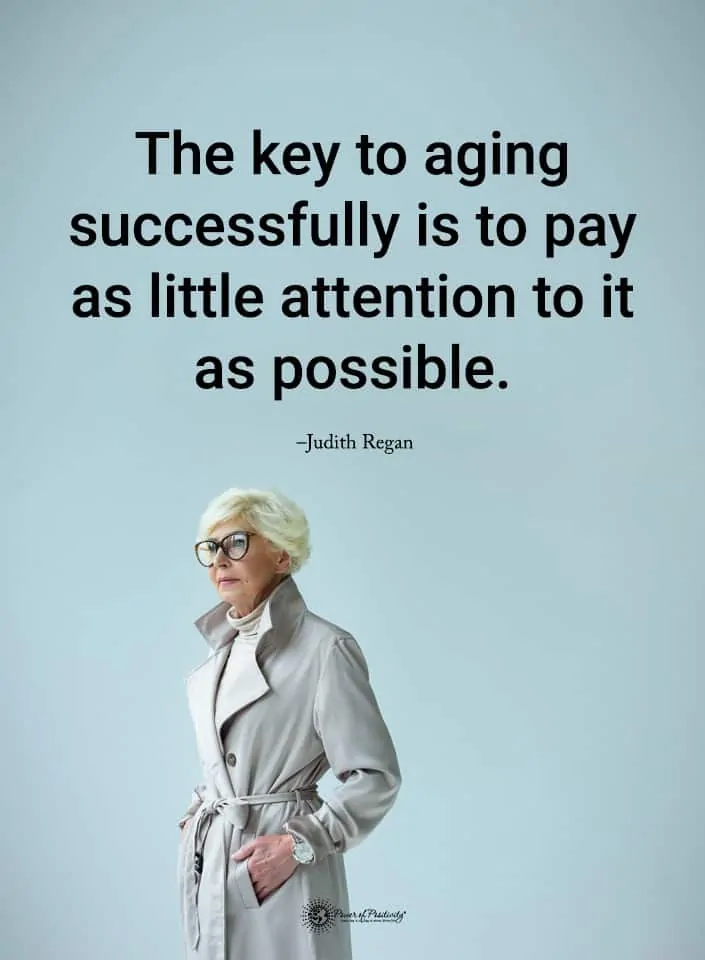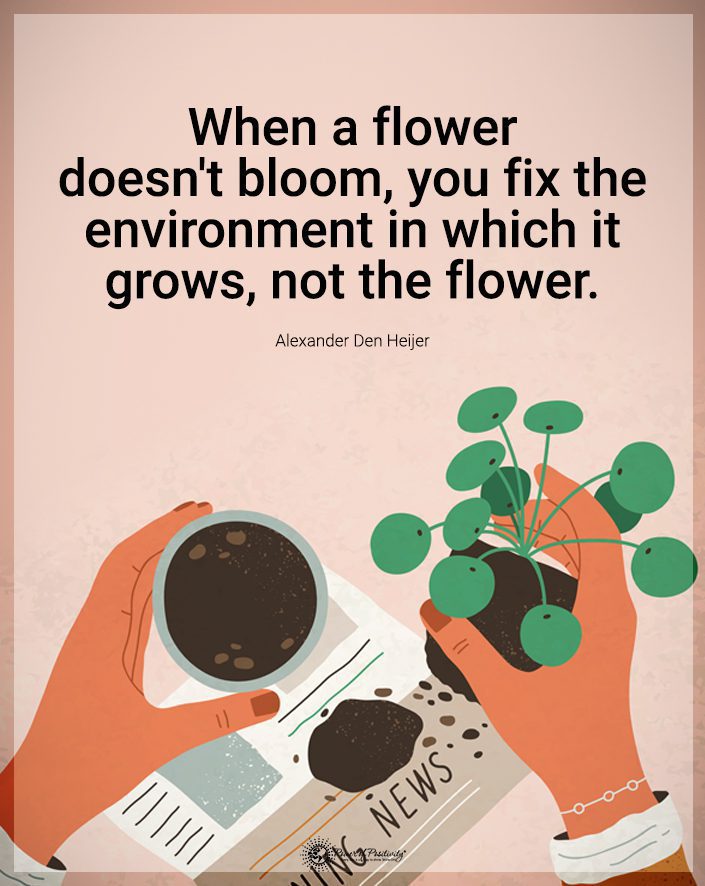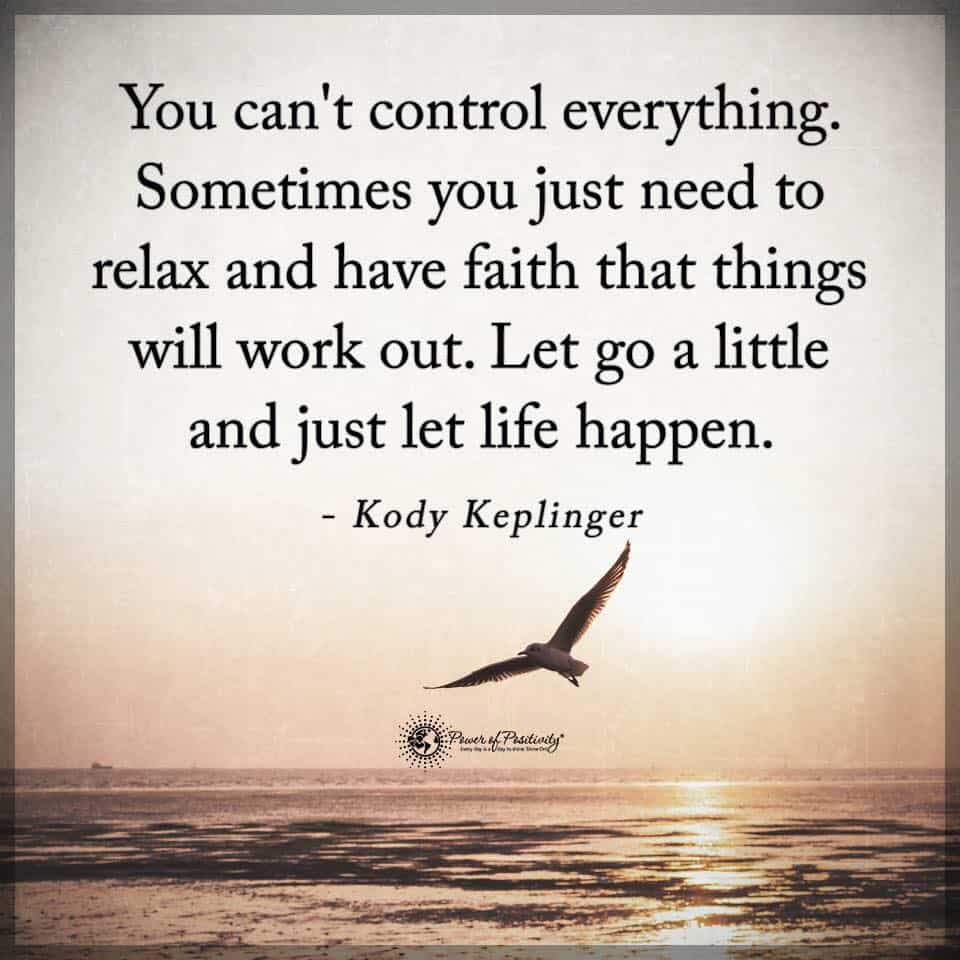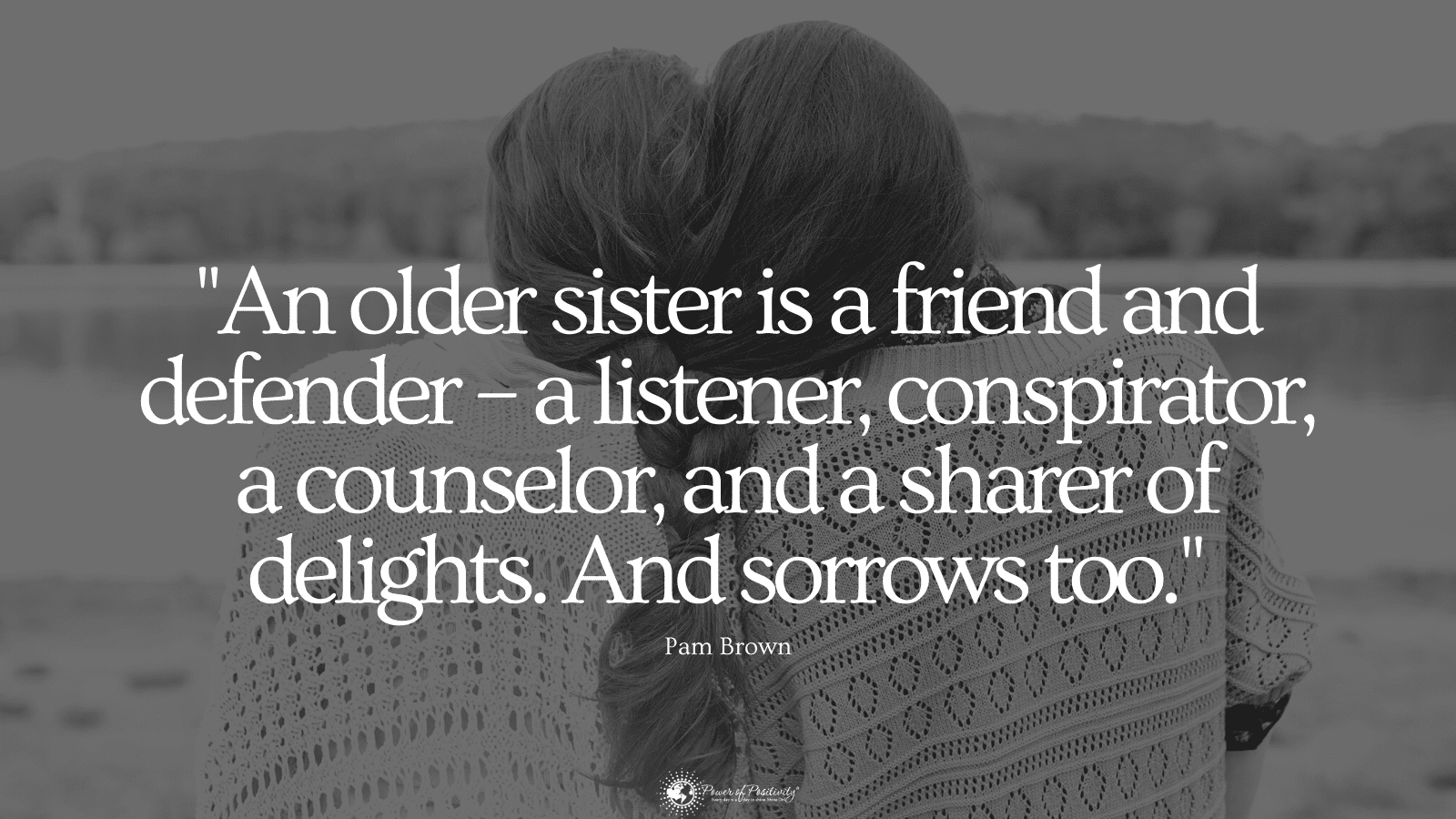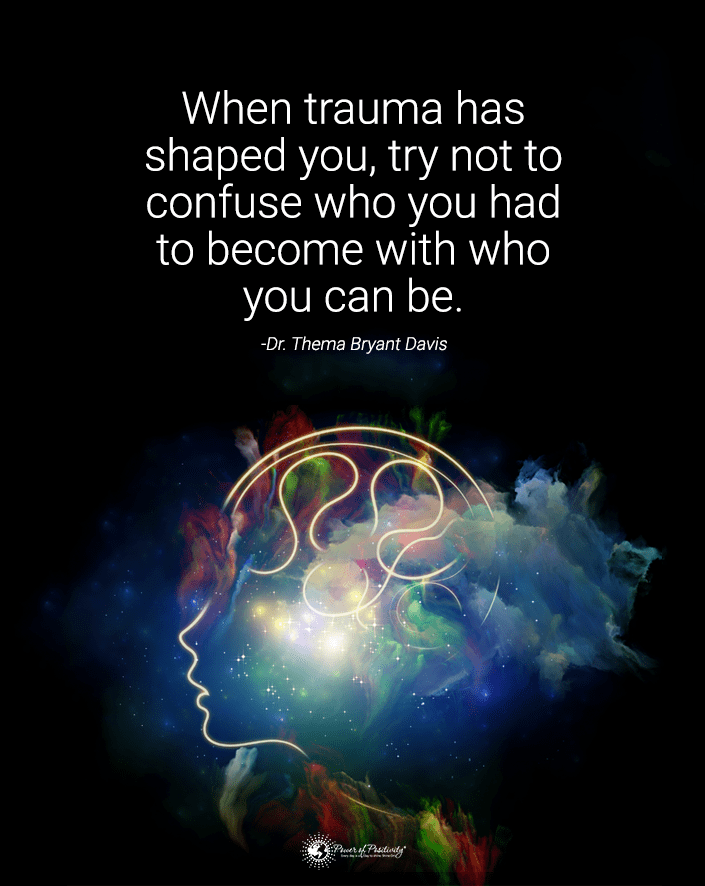It’s tough to live in the present. As human beings, we’re trapped in our past pain and trauma and worried about the future that we move steadily toward. It’s normal to get a little lost in all of that. But when you get lost there for extended periods, you miss out on the life you’re living and all the great things that mindfulness has to offer.
Sometimes, people who live in the present get a bit of an eye roll. It can sound like a stuck-up, high-and-mighty concept to say that you only live in the present and don’t get bothered by other things. In reality, presence at the moment – or mindfulness, as it’s often called – can make a huge difference and drastically improve your life.
But it can be tough to unlearn all the habits of not living in the present. If you choose to get started, you’ll receive tremendous rewards in many positive changes to your mind, body, and life experience. If you want better well-being and higher happiness levels, start being mindful today! Here are seven reasons for living in the present.
1. Being Present Brings You In Touch With Yourself
Being in the present is a beautiful way to get more in touch with everything: the world around you, the people in your life, but most importantly, with yourself. Mindful thoughts allow you to stay grounded, thus acquainting you with your identity on a deeper and more visceral level. This happens because:
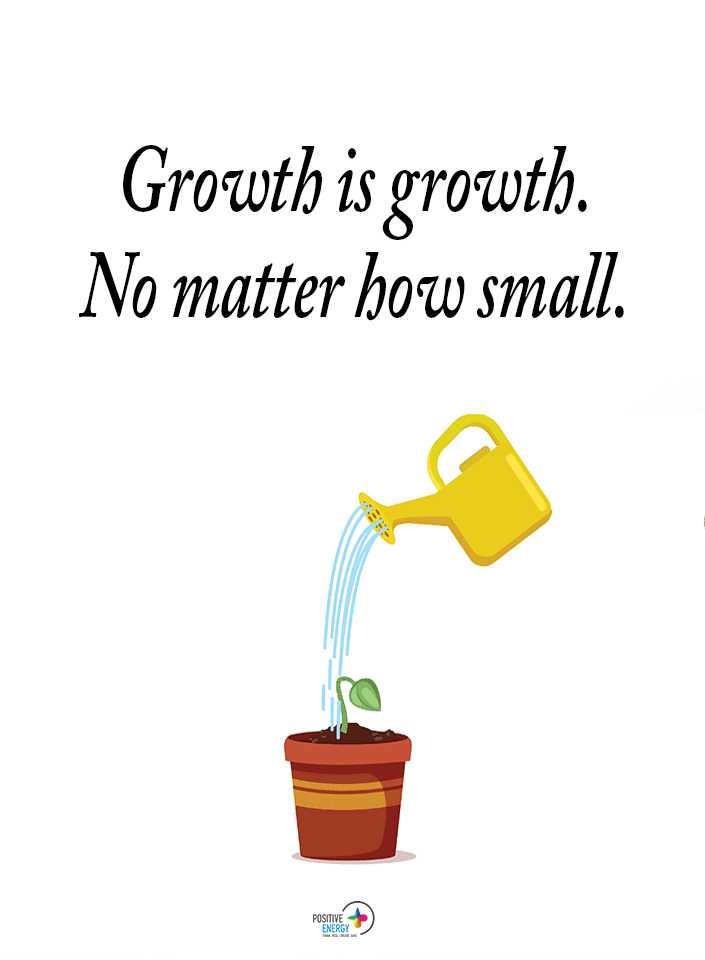
- You stop putting up a facade. When you’re not mindful, you’re thinking about how others perceive you, so you project your desired appearance onto the world. When you’re present, you live with your true, present self and bring that to the table.
- You take the time to understand yourself. You’re not interested in avoiding or repressing your emotions and thoughts. Being present gives you a chance to hold a mirror up to yourself so you can trace various triggers and understand yourself.
- You accept yourself. Being in the present means being in the present with who you indeed are. You stop trying to emulate others and focus solely on who you genuinely are, promoting greater acceptance.
- You don’t try to change who you are. This doesn’t mean that you don’t work on growth or improvement. It means that you’re at peace with everything that makes you who you are, and you won’t become your own worst critic.
2. Living in the Present Improves Your Relationships With Others
Research states that being present promotes happier relationships and better relationship acceptance. This is true for romantic relationships, but it can apply to your close bonds with others. This is because being present:
- It makes you less likely to focus on past mistakes, flaws, or conflict, therefore reducing resentment, shame, guilt, and new conflict sources
- Allows you to fully appreciate and experience every moment you have with someone without distractions and with the intent of attention
- It prevents you from thinking of if only’s and could have been’s, so you don’t think about what you wish others would do and are focused on what they are doing now
3. Mindfulness Helps You Do Big Projects
Significant endeavors are often overwhelming, but mindfulness helps you with that. When you’re present, you can focus on individual goals in more extensive schemes, allowing you to complete tasks efficiently without getting swept up by how significant the project is.
Being present allows you to see the truth of these big projects: they’re just multiple tiny tasks grouped. Sure, there are a lot of small jobs in one significant endeavor, but they’re still individual instances that you can move to one by one.
When you’re present, you recognize the need to plan things out and tackle each issue one at a time. Your concentration is razor-sharp, allowing you to pay closer heed to what matters and perform individual tasks well for a more significant overall result. You’ll also find it easier to learn new skills and sharpen current ones so that you can bring new lessons with you.
4. Living in the Present Helps You To Manage Stress
When you’re present, you can stop focusing so much on the past and the future, allowing you to remain concentrated on only the here and now. You won’t obsess about what you can’t change and predict, restricting stress to only what you currently face. Some additional reasons living in the present aids stress management, such as:
· You Get Better At Releasing Stress
For many, stress sticks with them for the whole day. Those who have perfected the art of being present release stress once they learn to handle their stressors. They can view stress as a passing, fleeting emotion and don’t allow themself to get swamped in it.
· You Don’t Avoid Or Repress Stress
It sounds counterproductive, but one of the best ways to manage stress is to stop avoiding it. Repressing and avoidance only exacerbate current stress levels, and research shows that facing stress head-on is better for long-term stress management. You get to face problems, handle them, and move on quickly.
· You Have Fewer Anxiety Symptoms When You Live in the Present
Studies show that mindfulness, which is the art of being present, reduces the experience of various symptoms of anxiety. Therapists even use it as a treatment method for the most debilitating anxiety symptoms. So if you experience anxiety disorders or symptoms of anxiety every day, being present can help you manage those issues, especially the most severe parts of them.
5. Mindfulness Makes You Less Self-Conscious
Self-consciousness is common among those who struggle to live in the present. This is because it’s an inherently selfish or self-focused trait or one that involves you solely paying attention to yourself over others.
Living in the moment releases you from that kind of stress, allowing you to be unabashedly yourself without being too conscious about that. This is because:
- You don’t think about things you’ve done in the past that may have been embarrassing or unwarranted.
- You don’t focus on past negative situations and therefore don’t allow past pain to influence the way you behave now.
- You’ll see yourself as fluid and changing; therefore, you’re open-minded and aren’t attached to the idea that you’ll make mistakes; you know you’ll be wrong sometimes, but you also know you’ll learn from that.
- You focus on the present, the world around you, and what you’re experiencing and therefore aren’t overly focused on yourself.
6. Living in the Present Makes You Feel Healthier
Many different things make up physical health, and mental health is one of those things. Being mentally unhealthy changes your physical habits, therefore indirectly affecting your health. Mindfulness and presence allow you to open yourself up for indirect health improvements. This outcome happens in the following ways.
· You’re More Motivated To Stick To Healthy Habits
A lack of willpower quickly kills off most healthy habits, like going on a daily walk, going to the gym, or sleeping on time. This is because these habits are easily derailed by worries, dread, or feelings of unhappiness. You go with the flow when you’re present, which encompasses your routines.
· You Enjoy Movement
Being present and mindful means engaging your senses in various things. This means that going for walks, working out, and moving your body become more rewarding as you tune into your body, its senses, and how each part of you feels.
· You Can Overcome Cravings
Cravings are often overcome when you give yourself a moment to do something else. Giving in to cravings happens because you can’t control an impulse. Being present means that you recognize the impulse as temporary, and you can ground yourself in better goals. You allow yourself to wait before caving in, often enough to fight cravings.
· You Have More Energy if You Live in the Present
Mental energy closely ties to physical energy. Being mentally drained can often be enough to take you out for the day. Mental energy gets used up by stress, worries, and other similar issues, especially things outside your control. Staying in the present allows you to keep your energy and use it for material things.
7. Mindfulness Helps You To Heal Emotionally
Most people have some form of trauma or pain that continues to haunt them. The past experiences that have left you feeling this way can feel overwhelming and all-consuming, and sometimes you might wonder if there’s any way out.
Being present is not the cure-all to past pain, but it is one of the necessary ingredients to overcoming it. When you’re present, you leave the past in the past, taking only the lessons that serve your mindful self and releasing everything else. When you learn to be mindful, you stop the past from influencing your present.
Mindfulness helps you to analyze pain that stems from the past. You can witness this pain from a bird’s eye view separately. You’re able to unpack your emotions, process them, and manage different memories and trauma with reminders of the present. Again, this won’t cure everything – but it will certainly help.
Final Thoughts For Some Reasons To Live In The Present
Being present has a long list of benefits, from improving your relationships to better personal health and stress management to decreased self-consciousness. It’s a tricky skill to learn, but it’s worth it. That’s why mindfulness has been touted as a game-changer in well-being circles in the past few years.
If you struggle with learning to be present, online tools are available to help you on this journey. Regular therapy with a mental health professional can also be beneficial, especially if your lack of presence impedes your happiness or everyday life. Remember, you don’t need to have a severe disorder or damning struggle to make use of positive therapy!
You can’t discount the benefits of being present. It can have such a vast, transformative effect on life as you know it. Only when one learns to release that which they cannot control, accept the past, and surrender to the future does one truly understand the beauty of presence in the current moment.




